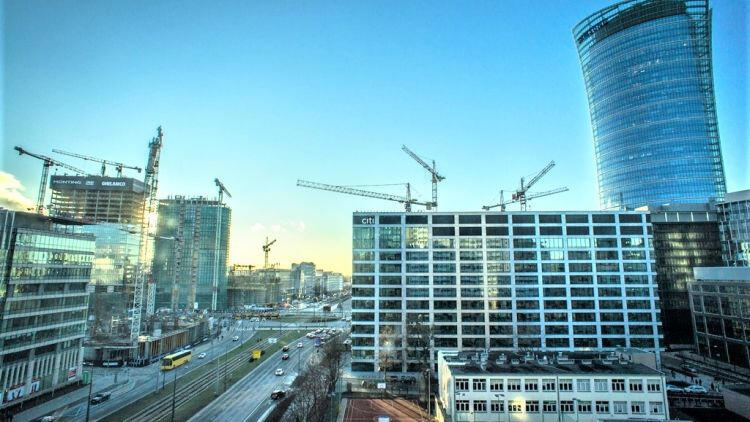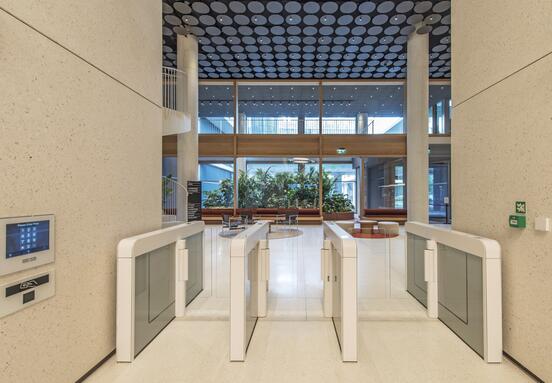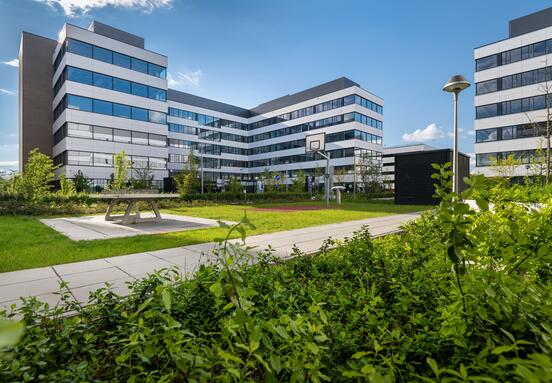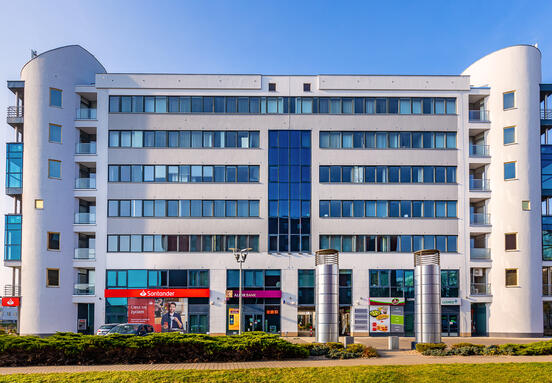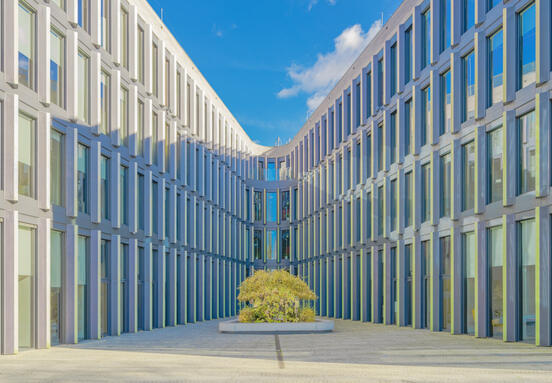In 2022, the demand for offices in Warsaw exceeded 860 thousand sqm. The highest activity of tenants was visible in the first and last quarter of the last year. Traditionally, most offices in Warsaw were contracted by companies from the financial sector, business services and the broadly defined IT industry. Office buildings located in the central business zone continue to enjoy the greatest interest of tenants. The main selection criterion for tenants is the time in which employees reach the office. Locations that do not provide good access have very slim chances on the market today because the most important thing for employers is the well-being of employees, their comfort and their health.
Optimization of space and new companies
"In 2022, the demand for offices on the Warsaw market remained at a very high level. Tenants leased a similar amount of space as in the years of the market boom, before the pandemic. Lease volume was about a third higher than in 2021. On the other hand, the very low new supply means that the availability of offices in Warsaw is getting increasingly smaller. In the central area of the city, it is not possible to rent a large, several thousand square meters office space in one location", says Mateusz Strzelecki, Partner, Head of Tenant Representation at Walter Herz. "The reinforcement of the hybrid working model means that companies present on the Warsaw market often reduce the space they occupy. However, the high demand for offices from new companies coming to the city means that the absorptive capacity of the market is a record high. Thus, the level of office vacancy in Warsaw is constantly decreasing, and the availability of space from quarter to quarter is getting smaller", says Mateusz Strzelecki.
Walter Herz analysts also note that the demand for flexible, instant offices is growing. Co-working attracts not only companies in the initial phase of operation, but also large enterprises and corporations. The demand for flexible offices is compounded by market uncertainty. Tenants appreciate that flex spaces do not require investment outlays and allow for flexible lease terms.
The sector is constantly increasing its resources. Warsaw currently has more than half of this type of space available in the country, with approximately 180 thousand sqm. of flexible spaces. Still, it constitutes for only a small percentage of the capital's office stock.
Office construction has almost stopped
However, if we look at the implementation of new investments, the Warsaw market has slowed down significantly. According to Walter Herz analysts, in 2022 only about 230 thousand sqm of new offices were completed in Warsaw. The stock of modern office space in the capital has increased to nearly 6.3 million sqm. Only 180 thousand sqm of space remains under construction. This is more than a year earlier, but compared to the pre-pandemic 2019, when there was about 850 thousand sqm of new offices under construction on the Warsaw market, the drop is huge.
Developers have announced the implementation of several new projects. Properties such as Upper One, T22, The Form, Fort 7 and the new office building of Adgar Poland at 10 Marynarska Street are being prepared for construction. The Vibe and Drucianka Campus projects are still under construction. However, if the current demand in the capital is maintained, it is merely a drop in the ocean of needs. Marynarska Business Park complex and Marynarska Point I located in Służewiec remain under reconstruction. Antares building is also to undergo modernization in the Służewiec office district.
Walter Herz analysts estimate that only tens of thousands of sqm of new offices will be delivered in Warsaw this year. Every month, the Warsaw market is approaching a situation where we will be dealing with a shortage of free space to let.
The office market is also facing new challenges this year. Like other sectors, it must take into account the growing costs of maintaining real estate, which will entail increases in service charges and indexation of rates. Hence, both building owners and tenants have been taking a number of actions aimed at reducing energy consumption for quite some time.
Source:property-forum.eu
